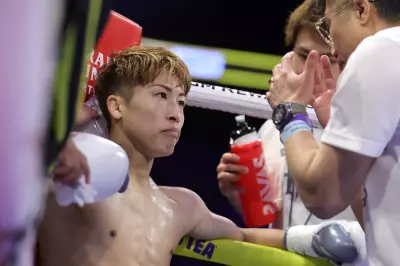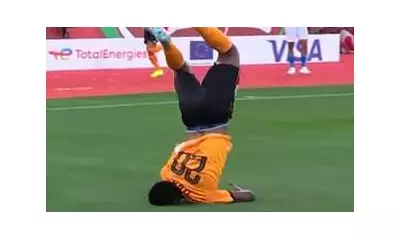
Portuguese football has been plunged into unprecedented turmoil as match officials break their traditional silence to protest against what they describe as systematic intimidation from clubs. The country's referees have staged coordinated pre-match protests in a remarkable act of defiance that signals a deepening crisis in the sport.
The Dressing Room Confrontation
The situation reached boiling point on 2 November when referee Fábio Veríssimo accused FC Porto of attempting to pressure him during a match against Braga. According to Veríssimo's official report, Porto broadcast a replay of a disallowed goal on a television in his dressing room at half-time that could not be turned off.
The controversial incident occurred when Veríssimo ruled out a Porto goal after a player collided with Braga's goalkeeper. After Porto's 2-1 victory, the screen then showed footage from a youth match between Porto and Benfica that Veríssimo had officiated in 2024, where he had allowed a similar goal in Benfica's favour.
Clubs Exchange Accusations
Porto, in their only public statement, did not deny Veríssimo's account but instead released a document listing penalties, red cards and other contentious decisions they claim have gone against them this season. The club directly accused Veríssimo of threatening club officials in a previous game and seeking revenge during the Braga match.
Benfica and Sporting have since accused Porto of attempting to intimidate the match official, with Sporting suggesting the victory should be annulled if Porto are found guilty of wrongdoing. The Portuguese Football Federation (FPF) has defended its referees and continues to investigate the allegations.
Tensions escalated further when, during Benfica's match against Casa Pia, a referee was allegedly threatened by a Benfica executive after awarding a controversial penalty. Benfica subsequently published match highlights on their website with the caption that the referee had awarded a penalty to the visitors without justification.
Referees Find Their Voice
In response to the growing pressure, the Portuguese Referees' Association staged a symbolic protest last weekend. Match officials in the top two divisions walked onto the pitch without the teams in a coordinated act of defiance meant to signal they will not be intimidated.
Pedro Henriques, a former top-flight referee and former lieutenant colonel in the Portuguese army, believes acts of intimidation have evolved from kicking down the locker-room door in the 90s to more sophisticated methods like looping images on a television that can't be turned off.
Henriques argues that such gestures are often performative, meant to please supporters rather than sway officials. The chance of that actually influencing a referee is 0.0%, he stated, noting that this behaviour goes largely unpunished with minimal fines and delayed suspensions for major clubs.
The head of the FPF's refereeing council has publicly defended officials, revealing that 97% of refereeing decisions in the first 10 rounds were correct. He confirmed that threatened officials would continue to be assigned matches despite the pressure.
With Portuguese football playing on the edge, the next whistle could spark more than just another controversy as referees, traditionally the quietest figures on the field, have decisively found their voice.





